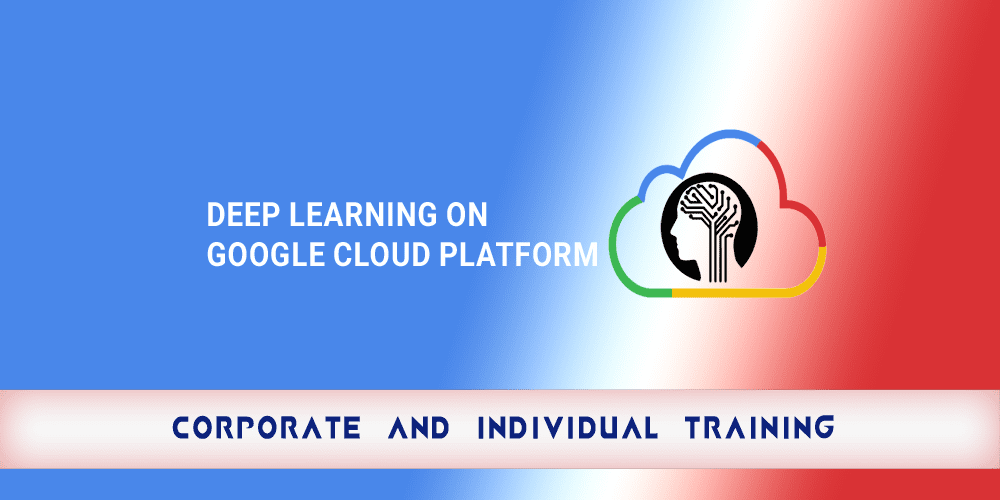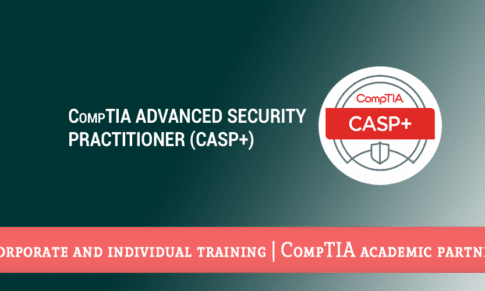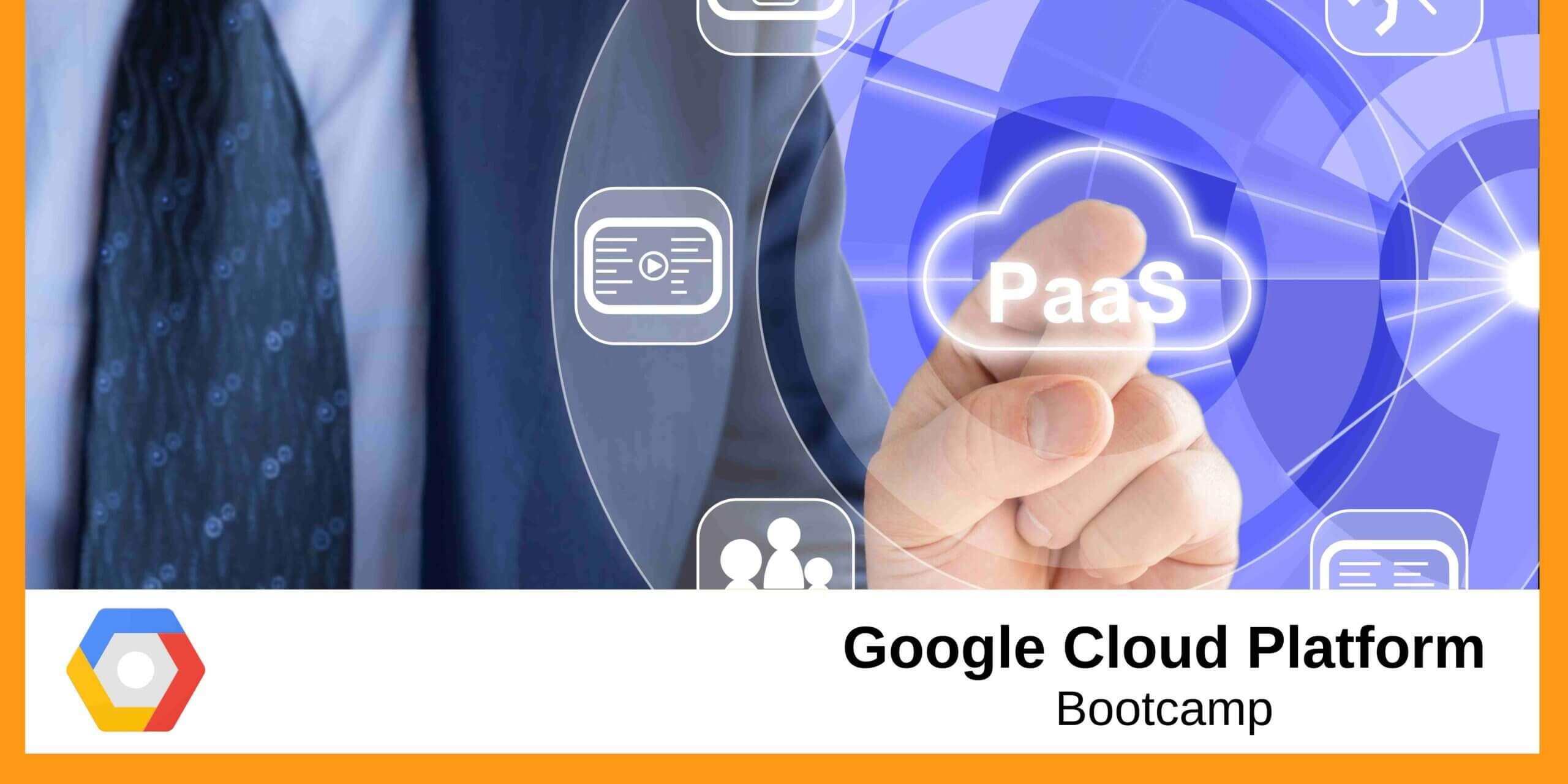- Overview
- Prerequisites
- Audience
- Curriculum
Description:
This Practical NLP (Natural Language Processing) course is intended for software engineers and data scientists who are interested in incorporating NLP into their production systems.
Practical NLP begins by introducing the foundations for each NLP concept. The course then explores each concept’s applicability and limitations. Next, the implementation and specific use cases are explained. Throughout the course, both models and theory are taught using real-world datasets and production samples. This class is 80% hands-on, 20% lecture/demo.
Duration: 3 Days
Course Code: BDT296
Learning Objectives:
After this course, you will be able to:
- Demonstrate popular NLP algorithms their applicability and limitations
- Create production systems that handle text efficiently
- Students should have some experience with Machine Learning. Familiarity with TensorFlow, Keras, and scikit-Learn is helpful but not mandatory.
- Software Developers, Data Scientists, Entrepreneurs, Academics and Researchers
Course Outline:
Representing Text for similarity
- Word and Character Embeddings
- Keras Embedding Layers
- Word2Vec, CBOW and Skip-Gram Architecture
- Doc2Vec and Paragraph Vectors. PV-DM and PV-DBOW Architectures
- Ranking documents
- Capstone: Learning to rank
Classification in Text
- Neural Networks
- Backpropagation through time
- Capstone: Sentiment Analysis
Generating Text for suggestions
- Recurrent Neural Networks
- GRU and LSTM for memory retention
- Character and word level text generation
- Autocomplete and Autosuggestions
- Capstone: Writing like Shakespeare
Named Entity Recognition (NER) extracting knowledge
- SpaCy and NER Pipelines
- Bidirectional LSTM networks
- Capstone: Translating
Language Modeling with Attention
- Self-Attention and “Hey Siri”
- Transformers
- Using BERT and GPT-2
- Knowledge Distillation of language models
- Capstone: Language models in proteins
Hackathon
- Distilling BERT for detecting toxic comments.
Software Required
This Practical NLP course is taught using Python >3.5 and Tensorflow > 2.0 and Keras > 2.0 within Google Collaboratory.
Training material provided: Yes (Digital format)



